
Warning signs of a heart attack?
A heart attack, or myocardial infarction, is a life-threatening condition that occurs when the flow of blood to the heart is suddenly blocked, usually due to a blood clot. This blockage prevents oxygen from reaching the heart muscle, which can cause permanent damage or even death if not treated promptly. While heart attacks are often portrayed as sudden, dramatic events, they are usually preceded by warning signs that should never be ignored.
Understanding the early symptoms of a heart attack is crucial. Many lives can be saved if people recognize these signs and seek immediate medical attention. Here are the most common warning signs to watch for:
1. Chest Pain or Discomfort
This is the most classic and well-known symptom. The pain may feel like pressure, tightness, squeezing, or burning in the center or left side of the chest. It can last for several minutes or come and go. However, not all chest pain is severe — even mild discomfort could be a sign of a heart attack.
2. Shortness of Breath
You may feel like you can’t catch your breath, even when you're resting or doing minimal physical activity. Shortness of breath often occurs along with chest discomfort but can also happen on its own.
3. Pain in the Upper Body
A heart attack can cause pain or discomfort to radiate beyond the chest to other areas such as the shoulders, arms (especially the left arm), neck, jaw, back, or stomach. This referred pain happens because the heart shares nerve pathways with other parts of the body.
4. Nausea, Indigestion, or Stomach Pain
Some people, especially women, may experience symptoms that mimic indigestion. These include nausea, vomiting, a bloated feeling, or abdominal pain — which are easy to misinterpret as gastrointestinal issues rather than heart-related.
5. Cold Sweats
Breaking out in a cold sweat for no apparent reason can be a sign that your body is under severe stress, often associated with a heart attack. This symptom should not be ignored, particularly if it occurs along with chest pain or other warning signs.
6. Lightheadedness or Dizziness
Feeling dizzy or faint could indicate that your brain is not receiving enough blood due to a problem with your heart. It can be an early warning, especially when combined with chest discomfort or nausea.
7. Fatigue
Unusual or extreme fatigue that lasts for days or even weeks may signal a problem with your heart. Women, in particular, are more likely to experience fatigue as a symptom of an impending heart attack. It may feel like you're too tired to do routine activities or like your body is unusually weak.
Heart Attack Symptoms in Women
It’s important to note that heart attack symptoms can vary between men and women. Women are more likely to experience subtler symptoms, such as fatigue, nausea, jaw pain, and shortness of breath, without the typical chest pain. As a result, heart attacks in women are sometimes misdiagnosed or overlooked.
When to Seek Help
If you or someone else is experiencing any of the symptoms above — especially chest pain combined with shortness of breath, nausea, or dizziness — call emergency services immediately. Time is critical. The sooner medical treatment begins, the better the chances of survival and recovery.
Don’t attempt to drive yourself to the hospital. Call an ambulance so treatment can begin en route. Even if you’re unsure whether it’s a heart attack, it’s better to be safe than sorry.
Conclusion
Heart attacks can be silent killers, but they often come with warning signs that our bodies use to alert us. Recognizing these signs early and acting quickly can make all the difference. Knowing what to look for — and never ignoring unusual symptoms — is a vital step in protecting your heart and saving lives.
News in the same category


Discover the Untapped Potential of Chili Pepper Leaves: Nutritional Powerhouse for Your Health and Kitchen

Plantar Warts and Skin Tags Disappear Overnight with this recipe

Whiten Your Teeth and Instantly Freshen Your Breath with the Natural Power of Ginger and Baking Soda

I died for six minutes and saw what happens after death… this is what I experienced

People left mind-blown after just realizing what Durex stands for and it's not what you'd expect

How Smoking Weed Affects Your Body During a Workout

Thailand: Covid-19 re-emerges with more than 53,000 infections, 16 deaths
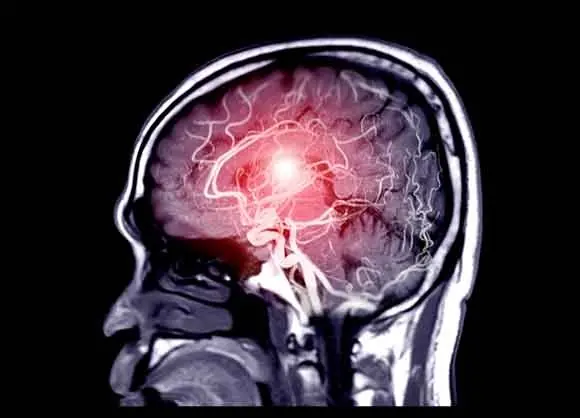
12 signs that may signal a brain aneurysm — Don’t ignore them

Paramedic, 23, Left Paralyzed After Neck Crack Ruptures Major Artery
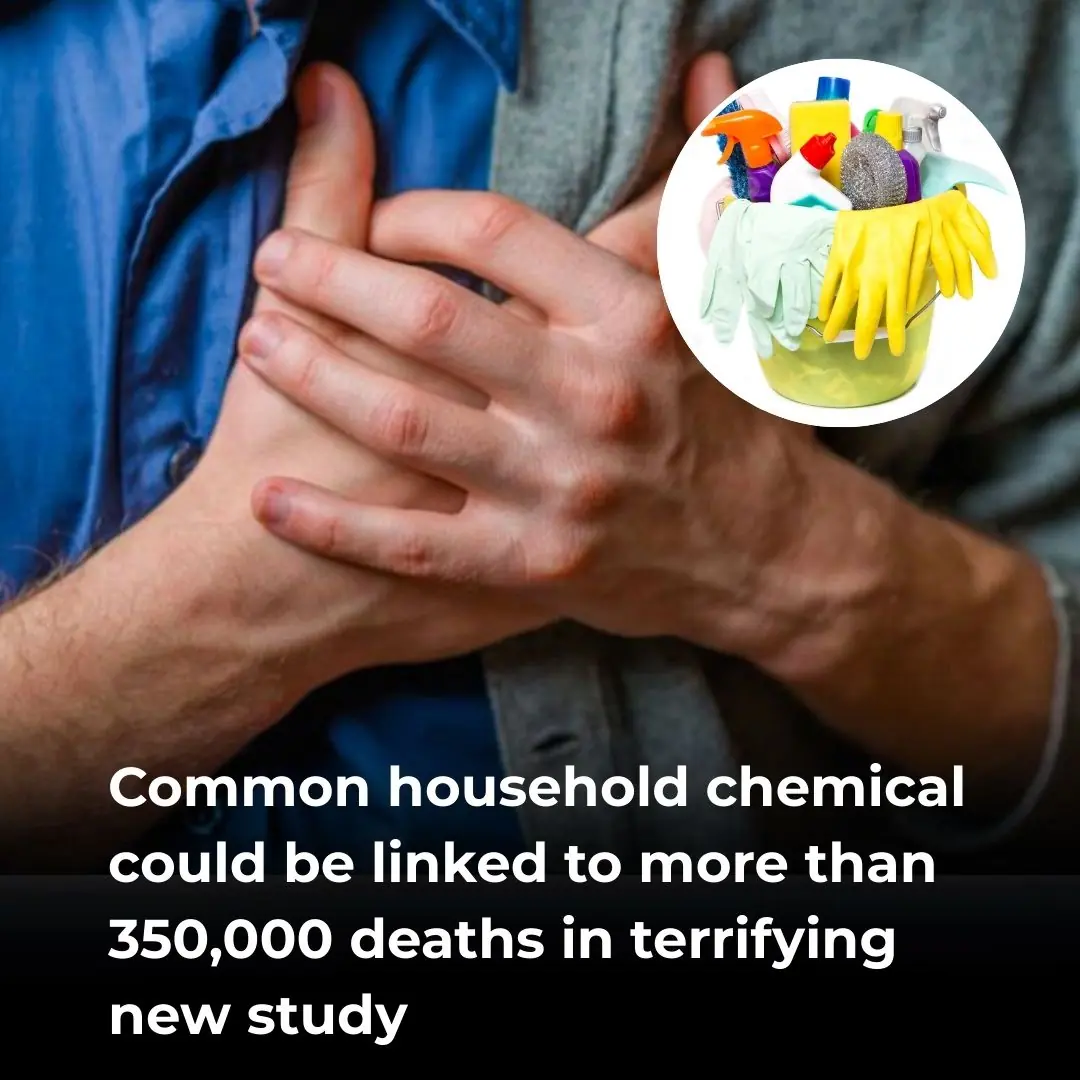
Common household chemical could be linked to more than 350,000 deaths in terrifying new study

A Natural Healing Source: 13 Impressive Benefits of Chayote Juice

Turn White Hair Dark Naturally: How Coffee Can Transform Your Hair at Home
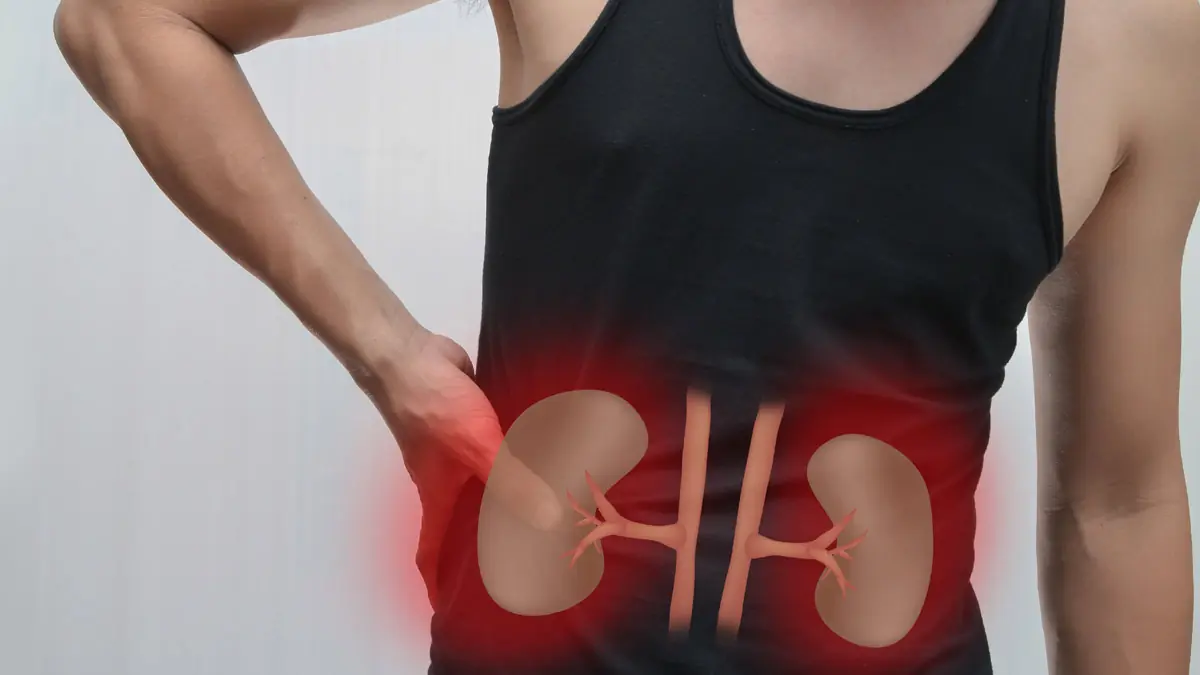
8 Warning Signs of Kidney Failure You Should Never Ignore — Could Lead to Lifelong Dialysis

Vitamin K Precursor Shows Promise in Destroying Prostate Cancer Cells, New Research Finds

Simulation reveals harsh effects of Ozempic on the body
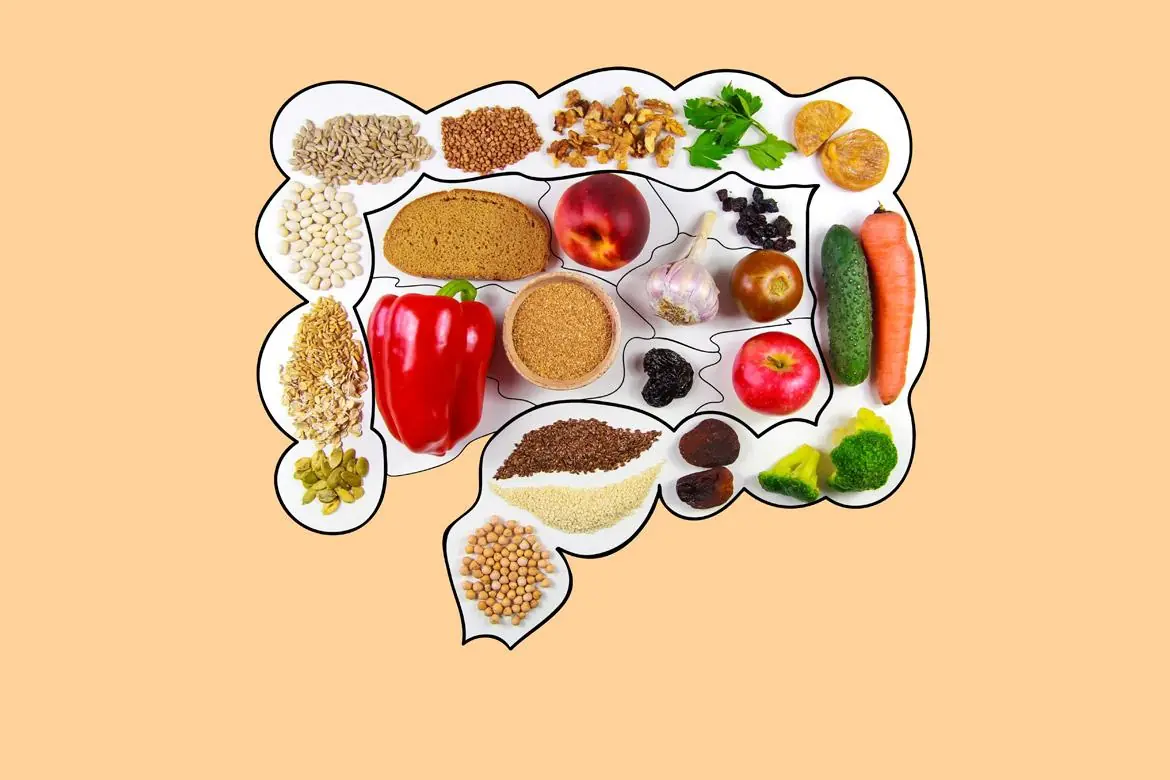
12 Best Natural Foods for Colon Cleansing and Detoxification

China makes bombshell claim about how Covid really originated after CIA said it was from lab leak
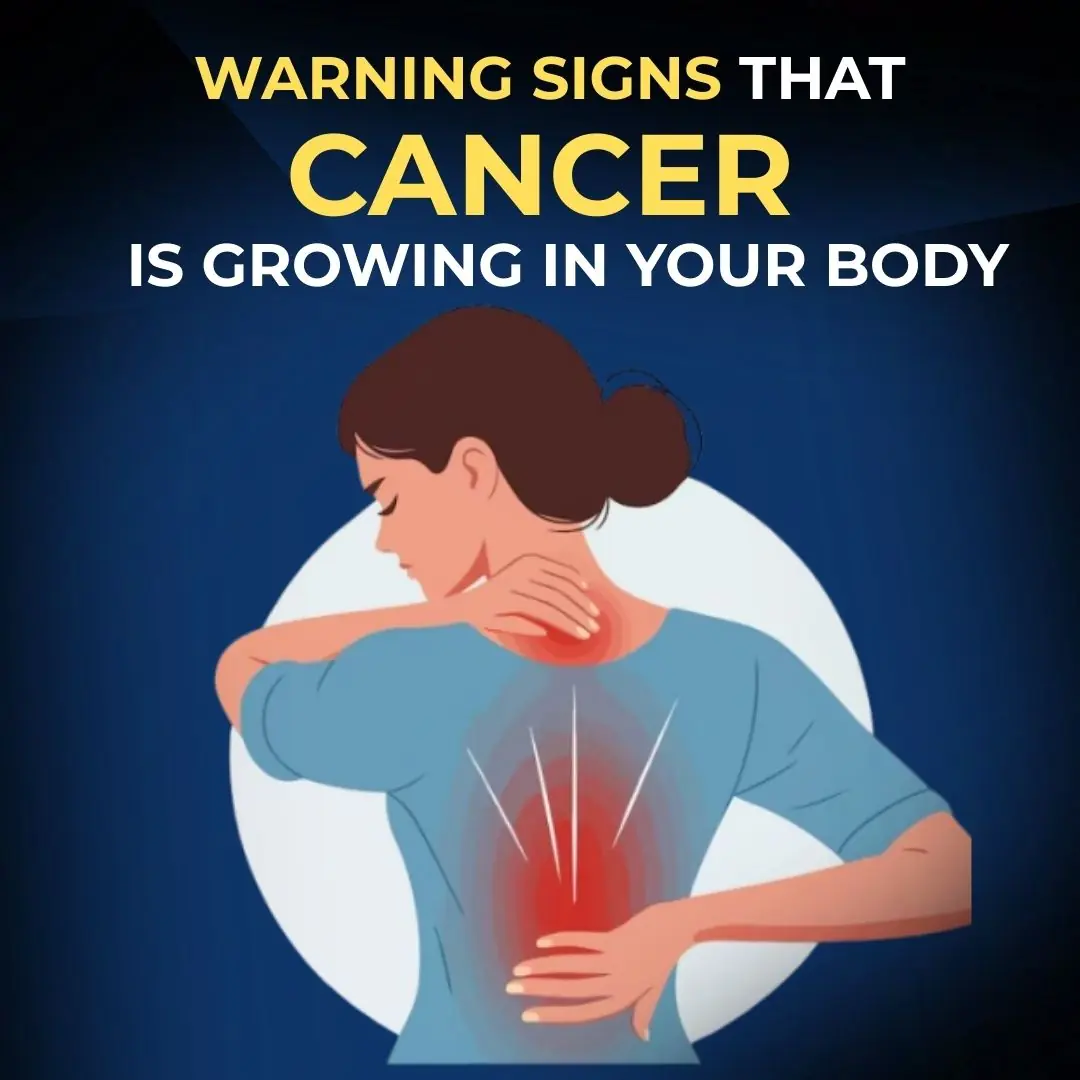
5 warning signs of cancer developing in the body
News Post

GRANDPA ASKED FOR ONE LAST FISHING TRIP—SO WE DROVE HIM OUT BEFORE THE HOSPITAL COULD CALL

The #1 Anti-Cancer Food You're Not Eating (But Should!)

Discover the Untapped Potential of Chili Pepper Leaves: Nutritional Powerhouse for Your Health and Kitchen

Plantar Warts and Skin Tags Disappear Overnight with this recipe

Whiten Your Teeth and Instantly Freshen Your Breath with the Natural Power of Ginger and Baking Soda

I died for six minutes and saw what happens after death… this is what I experienced

People left mind-blown after just realizing what Durex stands for and it's not what you'd expect

I Paid a Fortune Teller’s Bus Fare – The Note She Slipped Me Uncovered a Terrible Secret

My Husband Sent Me to Deliver Dinner to His Sick Mom – Then My Lawyer Called Urgently, Yelling ‘Turn Back Immediately!’

MY DAUGHTER HAD HER FIRST CHILD—AND TOLD THE NURSES NOT TO LET ME IN
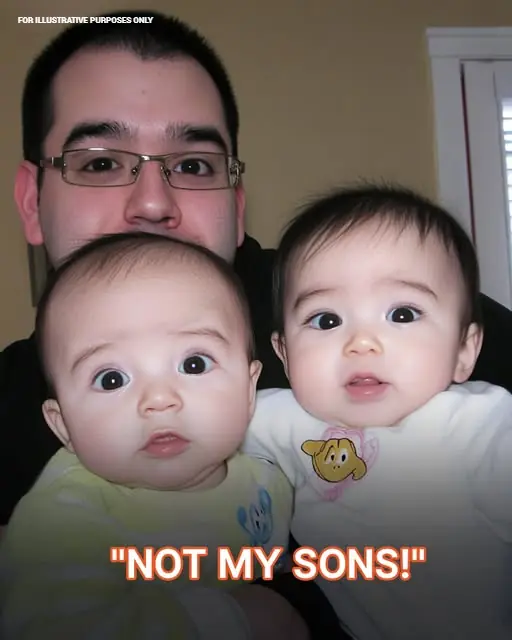
One of my boys got sick, so I took them both in for tests

How Smoking Weed Affects Your Body During a Workout

Thailand: Covid-19 re-emerges with more than 53,000 infections, 16 deaths

I stopped by McDonald’s for a quick meal and overheard a mom talking to her little girl

12 signs that may signal a brain aneurysm — Don’t ignore them

SHE KEPT SAYING “HE’S COMING BACK”—SO I STAYED

My Boyfriend Proposed Right After Seeing My Luxury Apartment—He Had No Idea It Was a Test

I’M A FARMER’S DAUGHTER—AND SOME PEOPLE THINK THAT MAKES ME LESS
